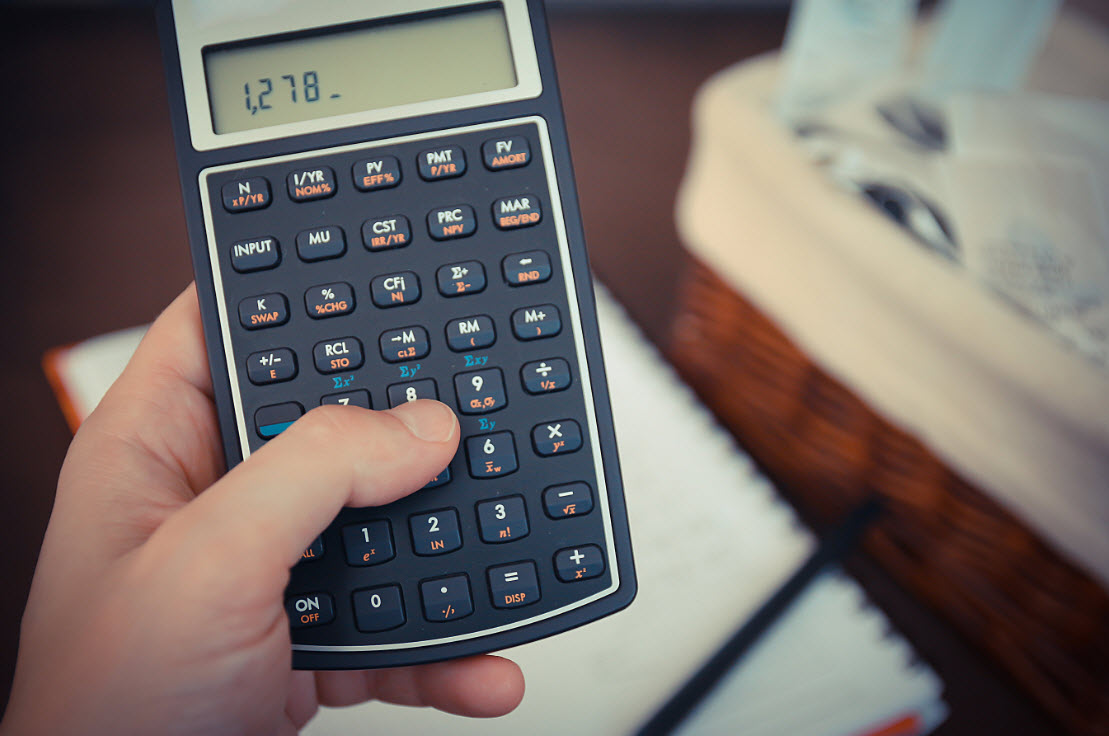
Choosing the right online Forex trading account isn’t always easy. There are dozens of different options available and so it can be challenging to know which is right for you.
Here we’ll look at some of the key criteria you should use to assess an online forex trading account.
Does It Offer A Demo Account?
If you are new to online Forex trading then you will want to look for a platform that offers demo trading. A demo account allows you to test a trading platform before you choose to commit actual funds. A demo account uses “play” money, which enables the trader to make trades without risking any capital.
This can help you to familiarize yourself with the functionality and tools that are available on the platform. It can also allow you to assess the profitability of your trading strategy before you start using real money. Testing out an online Forex trading account is the best way to decide if it is a right fit for your trading needs.
Pros and Cons of a Demo Account
Even though, working with a Demo account has many advantages for novice traders, some caveats are well worth mentioning. We have to understand, the mechanics of executing a demo trade and, most importantly, an emotional reaction from that trade can differ significantly from a real trading especially when your hard earned money is at risk.
Pros of Demo trading:
# Gives an Option to Deal in Forex Marketplace at No Risk
# Allows You to see if You even like Trading business, in a first place
# Try Out a New Broker’s Trading Platform for Helpful Services and Features
Cons of Demo trading:
# Trading Itself Doesn’t bear any Emotional Consequences
# Order Execution of Real Trading Conditions May Differ Drastically
(lesser re-quotes and lesser order slippages)
# Demo Accounts Commonly Have Limited Life Span
Listed below is a brief overview of the available account types in the current FX marketplace, along with their benefits and drawbacks.
Micro Account
The micro accounts deal with smaller units, hence they are usually the easiest to get into if you have a smaller deposit. You can start trading with as low as $50, sometimes even less, depending on a broker. This is the advantage of these types of accounts, easy accessibility with minimal investment, perfect for “getting-your-feet-wet” situation.
Mini Account
This kind of Forex account is meant for newer, more of a beginner trader who is not planning on trading large amounts of money.
Mini accounts enable you to trade Forex with a marginal investment of anywhere between $250-500, or an equivalent in another currency.
Most of the non US brokers offer 200:1 leverage on mini accounts. This enables the trader to significantly increase its own buying/selling power, while only risking a fraction of the personal money. However, the very same leverage (an ability to trade on margin) can also be quite harmful to ones financial situation; as in cases of high impact risk events like with Swiss Franc and British Pound you may become responsible for the losses that exceed the initial Investment.
Standard Account
This is actually the most popular amongst foreign exchange trading accounts. It enables you to deal with the standard lot, which equals to $100,000 in nominal value.
These accounts typically come with the leverage of 100:1. Which means, you only need to commit a capital of $1,000 to control, and trade $100 000 worth of a currency.
Managed Account
The account, where trader/investor allocates the capital, but the trading and the management itself is performed by a Forex professional.
Usually, in managed accounts, the investor specifies the goals for the account, or choose the pre-determent ones from a variety of trading profiles.
Basically, there are two types of managed accounts:
Individual Accounts
These are the accounts that are managed on an individual basis. An Investor remains the right to choose the account that fits his custom criteria depending on his/her risk tolerance and profit appetite.
Pooled Funds
As the name implies, the money is pooled together with the capital of other investors, much like mutual funds, and the gains as well as losses are then shared.
There are numerous managed pool fund accounts with different risk reward ratios
and profitability.
Also, read:
How to Read Forex Charts, And Make Sense Of Popular Indicators…
How To Choose The Best FOREX Trading Software…
What Is The Commission Structure?
The level of commissions can make a huge difference to the profitability of your trading.
A trading strategy that might otherwise be profitable, may not be, once commissions are taken into account. Make sure that you understand the commission structure and pricing of the online Forex trading account supplied by the broker. All else being equal, you want to reduce the commissions that are charged on trades.
The commissions are based on various factors, and since these expenses are paid by the trader, it is kind of important for the newcomers understand this part.
The major commission that is found in the Fx marketplace is a spread.
This is the difference between the bid and the ask price; the purchase and the sale price of a currency. On top of that brokers charge the rolling commissions on the trades that are carried over to the next trading day.
One of the many factors that affects the spread commission is pair’s liquidity. The more liquid is the pair the lesser is the spread commission on a trade. Major currency pairs like: EUR-USD; GBP-USD; AUD-USD; NZD-USD; USD-CAD; USD-CHF; have lesser spreads than the Exotics: GBP-JPY; EUR-JPY; GBP-CAD and etc.
Well known and reputable Brokers have this information in plain sight, explaining how exactly their commission structure works.
What Trading & Training Tools Are Available?

Having the right trading tools available is essential for profitable trading. The historical analysis software enables you to back-test a trading strategy.
This is a very good way of analyzing whether if you had implemented a particular strategy it would have been profitable.
A number of Forex platforms also have free educational tools available to help you improve your trading. Having access to training can be particularly useful if you are relatively new to trading.
Does The Platform Have An API?

In case you have a third party software that you would like to integrate with the platform, or maybe you simply want to do additional programming, then you will want to choose an online forex trading account that has a platform with an open API. Even if you don’t currently need access to the API it is useful to know that this is available for the future as your trading advances.
What Are Your Customer Service Options?

Receiving fast and accurate help when you have a problem is very important when engaged in online trading. Look at what customer support options are available.
Do they have 24 hour call support? Is there a live chat help option? Can you send queries by email?
Test out some of these features before you open an account by asking some preliminary questions about the platform. Make sure that you receive prompt and useful advice.
Conclusion
When assessing an online trading platform look at these five key elements:
* Does it offer a demo account?
* What is the commission structure?
* What trading & training tools are available?
* Does it have an API?
* What are your customer support options?
The online Forex trading account that you choose can have a significant impact on your trading. Make sure that you choose the right account for your trading today and in the future.
What Are Your Thoughts On Forex Trading Accounts?
Please share your opinion by commenting below…

